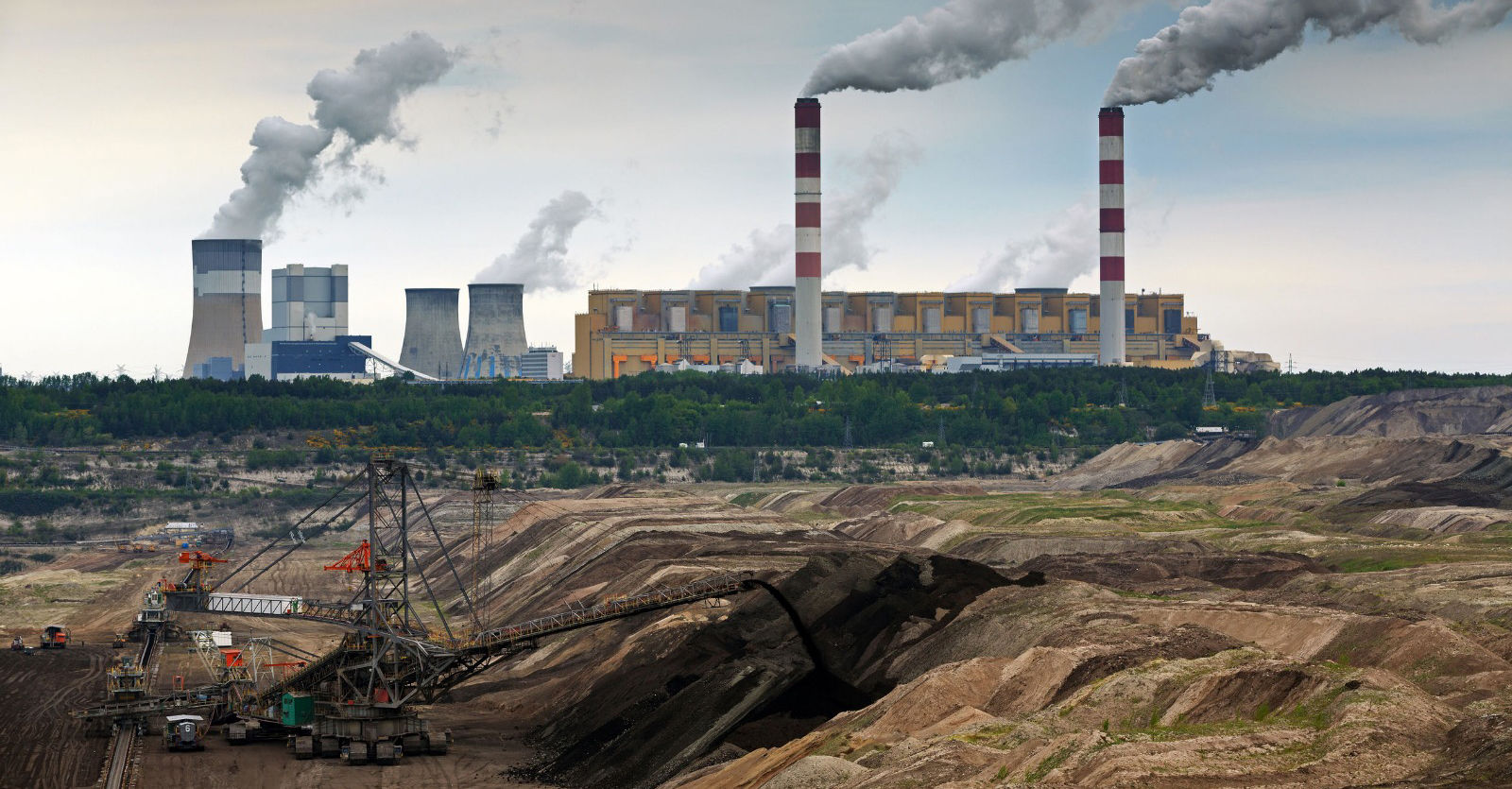With assistance from Russia, Vietnam will build a 10-megawatt nuclear reactor for researching medical treatments that could be the first step in eventually reviving moribund plans to build nuclear power plants.
At the end of November, President Nguyễn Xuân Phúc and several Vietnamese experts traveled to Moscow to discuss the plan, which has since passed a pre-feasibility study. Research for construction locations is currently underway. With a targeted completion goal of the end of 2024, the US$350 million project will rely on Russian-designed research reactors and a multipurpose cyclotron.
The most noteworthy aspect of the announcement is that it may signal Vietnam's renewed interest in domestic nuclear power production. In 2011, the government signed a memorandum of understanding with Russia to build a power plant within the decade, but safety concerns following the Fukushima tragedy that year forced a postponement.
In subsequent years, various nuclear plans were announced in partnerships with Russia and Japan with ambitious goals, including the planned construction of eight nuclear power plants by 2025. However, they encountered numerous setbacks, and the most recent plans were scrapped in 2016 because of safety concerns, rising costs and falling demand.
In 2020, Vietnam returned to the idea of nuclear energy, as The Institute of Energy began work on electricity development for 2021 through 2030 with discussions for nuclear power projects after 2035. While it has its domestic detractors, experts argue that improved safety technology makes them more attractive than in years past, and already-developed infrastructure from the halted projects would shorten development time.
Moreover, Vietnam has long professed its desire to move away from coal, which poses significant health and environmental dangers. In the long run, nuclear energy is expected to be one way in which the country reduces carbon emissions, alongside wind and solar energy.
"The research reactor project would be the starting point for the program development," explained Gennady Stepanovich Bezdetko, Russia's ambassador to Vietnam, at a meeting with Vietnam Atomic Energy Institute officials in October.
Meanwhile, Vietnamese scientists have been active in researching nuclear science, and on December 9, the Vietnam Atomic Energy Institute held a videoconference to encourage research and development related to atomic energy. The country has also been an active participant in global efforts related to nuclear non-proliferation agreements.
[Photo: A nuclear power plant in the Czech Republic/Lukáš Lehotský via Unsplash]














